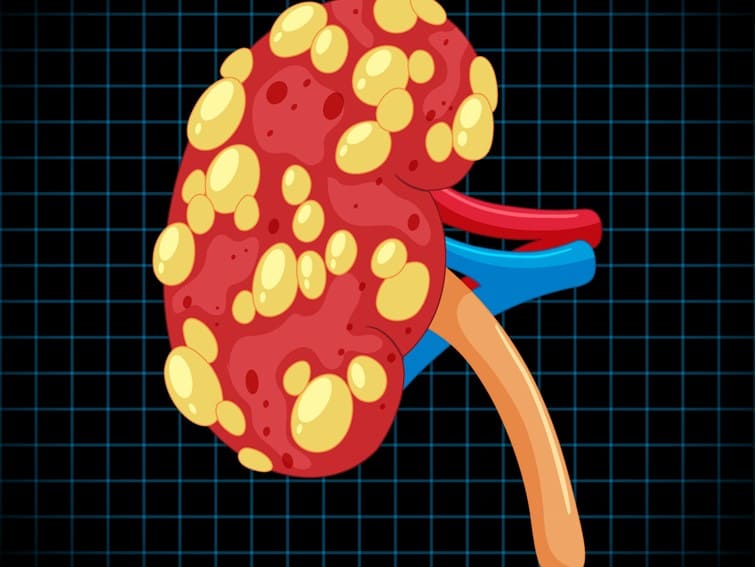How Does Diabetes Lead to Kidney Disease? Dr. Kavitha Gone Explains
When your kidneys are healthy, your body remains healthy. Kidneys help keep your body in shape by performing the following functions: removing waste materials from the body; maintaining osmotic balance (fluids balance); making red blood cells; keeping bones healthy and keeping blood pressure under check.
The main function of the kidneys is to filter your blood. Once they are damaged, they cannot do their job properly. Kidneys get damaged mostly from diabetes.
The delicate filtering system is subjected to slow and gradual damage over many years. Early intervention, accurate diagnosis, and prompt treatment can help slow down disease progression and reduce the complications associated with the disease. Unattended and untreated kidney disease can progress to diabetic kidney disease, Hypertension, chronic kidney disease, and kidney failure (end-stage kidney disease). Kidney failure is a life-threatening condition. Once this condition develops, the only options remain to include dialysis and a kidney transplant.
How does diabetes lead to kidney disease?
Small blood vessels in the minute filtering units called nephrons of the kidney form network of filtering units. High blood glucose levels over a period of time can damage the delicate network of blood vessels as a result they become narrow and clogged. The blood supply to the kidneys get reduced and kidney cells begin to lose their function. When this happens, a protein called albumin passes through the filtering units of the kidneys and ends up in the urine.
Nephrons thicken and scarring occurs over time. They slowly start to leak albumin – a protein in the urine. The damage to nephrons can occur years before any symptoms of kidney disease begin. People who have uncontrolled diabetes, obesity, high blood pressure, and family members with kidney disease and diabetes are at risk of kidney damage due to diabetes.
How should you know whether you have kidney disease?
In the early stages of kidney disease, a majority of people do not experience any signs and symptoms. The best way to detect damage in the early stage is to get a urine test done once a year. A urine test helps in checking small amounts of protein in the urine (albuminuria). Diabetic people should get their urine tested for albumin to detect kidney damage at an early stage. Kidney disease can be prevented from getting worse. Early detection and the right treatment can help prevent kidney disease from getting worse.
Is it possible to detect diabetic nephropathy?
Nephrologists recommend people have their urine tested at regular intervals for albumin. Healthy kidneys do not leak albumin. Therefore, even a trace amount of albumin in the urine is an early sign of kidney damage.
What is the treatment for diabetic nephropathy?
A nephrologist will determine specific treatment for diabetic nephropathy based on the patient’s history, family history, overall health, age of the patient, the extent of the disease, and patient tolerance to specific therapies, procedures, and medications.
Treatment
A comprehensive treatment plan may include proper diet, activity, exercise, monitoring, and management of blood sugar levels with medications and injections if necessary, and use of medications to lower high blood pressure.

Leave a Reply